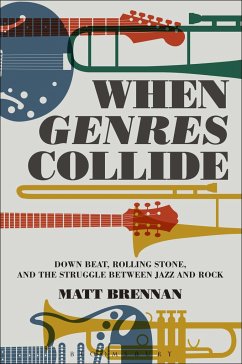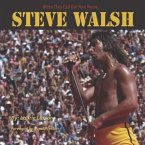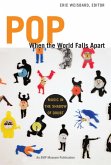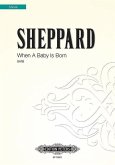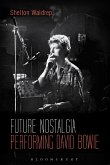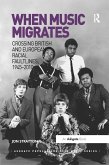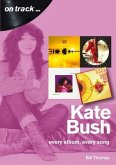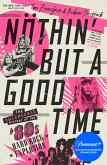When Genres Collide is a provocative history that rethinks the relationship between jazz and rock through the lens of the two oldest surviving and most influential American popular music periodicals: Down Beat and Rolling Stone . Writing in 1955, Duke Ellington argued that the new music called rock 'n' roll "is the most raucous form of jazz, beyond a doubt." So why did jazz and rock subsequently become treated as separate genres? The rift between jazz and rock (and jazz and rock scholarship) is based on a set of received assumptions about their fundamental differences, but there are other ways popular music history could have been written. By offering a fresh examination of key historical moments when the trajectories and meanings of jazz and rock intersected, overlapped, or collided, it reveals how music critics constructed an ideological divide between jazz and rock that would be replicated in American musical discourse for decades to follow. Recipient of and Honorable Mention in the PROSE Award, Music & the Performing Arts 2018.
Hinweis: Dieser Artikel kann nur an eine deutsche Lieferadresse ausgeliefert werden.
Hinweis: Dieser Artikel kann nur an eine deutsche Lieferadresse ausgeliefert werden.

